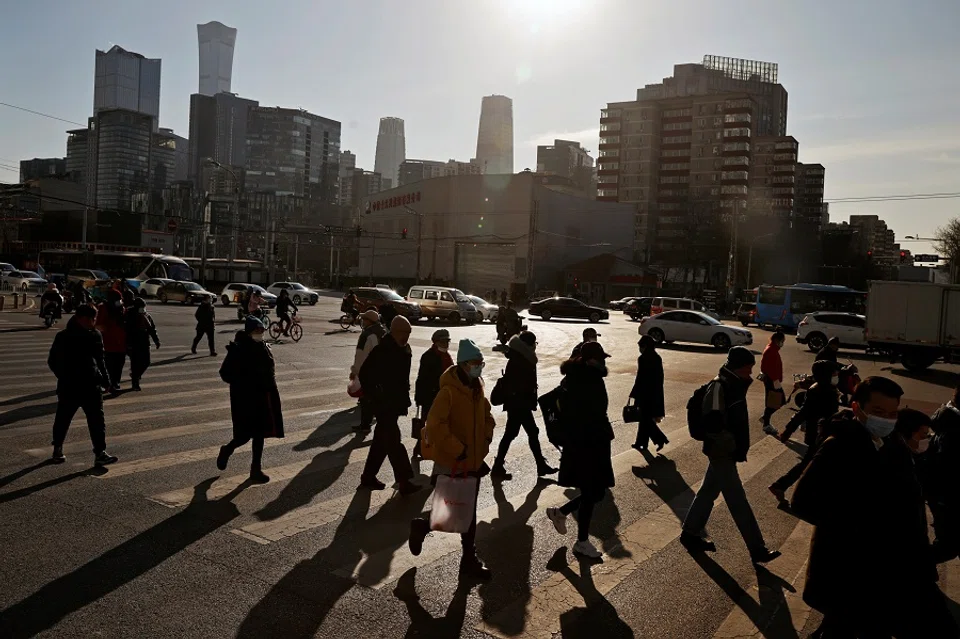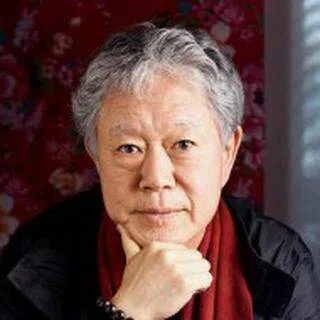Would Confucius have approved of the death penalty?
A Confucius saying goes: "When the wind blows, the grass bends." Therefore fault not the common man, says Chiang Hsun, but the decision-makers at the top. But taking a step further back, who are we to cast the first stone at anyone?

Seven days after Xiaoxue (小雪, a period of light snow usually starting on 22 or 23 November), temperatures fell. The northeast monsoon winds rolled in, bringing with them a chill in the air.
By the river bank, clusters of fluffy silver grass undulated in the wind. A saying from the Analects (《论语》that I learnt as a kid came to mind: "When the wind blows, the grass bends (风吹草偃)." Did Confucius walk along riverbanks too, observing how the grass danced with the wind?

The story behind the saying begins with a question governor Jikangzi asked Confucius, "Should we kill those who are evil to enforce a moral standard?"
Perhaps today's rulers are asking the same question that Jikangzi did? Since the last century, Europe has been discussing if the death penalty is necessary. While it is difficult to reach a conclusion, different perspectives have made public opinion more mature and considered, and less likely to be influenced by rash emotions.
What is the meaning of life? Who has the right to decide if one lives or dies?
Confucius' reply was profound and moving: "Why kill?"
Why is there a need to kill?
Confucius' reply actually encapsulates one of Europe's core values in the discussion on the need for the death penalty. What is the meaning of life? Who has the right to decide if one lives or dies?

One of my favourite filmmakers, Polish film director Krzysztof Kieślowski, made Dekalog, a series of films exploring the dilemma of the modern death penalty through the lens of Christian dogma. Thought-provoking philosophies may not bear fruit immediately. Confucius' reply to Jikangzi still echoes in the wind two thousand years after it was uttered.
In the words of Confucius, "The ruler's morals are like wind, and the people's morals are like grass. When the wind blows, the grass bends." Those in power are at the apex of society. They are like wind; their speech and behaviour certainly influence those below them. Those who form the base of society - the common people - are guided by the wind.
Perhaps Jikangzi should understand that Confucius was against killing the common people because they were only following the "wind" - the common man will always "bend when the wind blows". If the people do wrong, they should not be the ones who deserve to be killed.



![[Photos] Fact versus fiction: The portrayal of WWII anti-Japanese martyrs in Taiwan](https://cassette.sphdigital.com.sg/image/thinkchina/3494f8bd481870f7c65b881fd21a3fd733f573f23232376e39c532a2c7593cbc)

